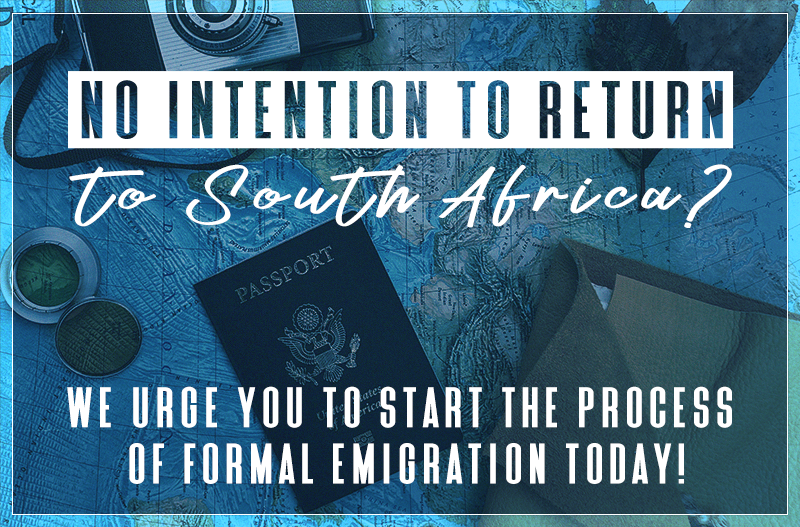The start to end of transferring your funds abroad

Investing in international property; paying for a destination wedding; repatriating parts of your salary to loved ones in another country or any other reason for transferring your money abroad is a process that RandTangle can assist with. You might have wondered what the process of transferring funds internationally is. There are several ways you can access your money in South Africa. This includes using normal allowances, such as your annual Discretionary Allowance, or formally emigrating from South Africa.
The first is a Single Discretionary Allowance of up to R1 million a year and the second is your Foreign Investment Allowance also known as a Capital Allowance of up to R10 million a year.
See the table below to help you understand the difference:
| Single Discretionary Allowance (SDA) | Capital Allowance (CA) or Foreign Investment Allowance (FIA) |
| A limit of R1 million in a calendar year. | R10 million limit in a calendar year. |
| No foreign Tax Clearance Certificate (TCC) is necessary. | You need to apply for a foreign Tax Clearance Certificate from SARS before you can use it. |
| This allowance may be used to make a number of overseas payments and investments. For example: Gifts Loans Investment purposes, like buying shares Donations Study allowances Overseas card payment And more. | This may be used for other purposes where you already exceeded your SDA and may be invested into offshore investment portfolios, property, or other assets and investments in foreign countries outside the common monetary area (eSwatini, Lesotho, Namibia, and South Africa). |
Source: South African Reserve Bank (2021)
If you’re thinking of transferring your funds abroad or investing, here’s what you need to know. You will need a tax clearance certificate if you are transferring any funds abroad. South African residents over the age of 18 may use their R1 million discretionary allowance to make international payments without having to provide supporting documents.
South African residents over the age of 18 may also use their R10 million investments allowance to invest in funds abroad. To make use of this, you will need to get a Tax Compliance Status Pin Letter from SARS.
This certificate can be used to apply for foreign investment allowances available to South Africans abroad, without financial emigration. To get such a certificate can take up to 21 working days. SARS keeps an updated list of all required supporting documents for Foreign Investment Allowance on their website, however our team at RandTangle can help you source the necessary documents with ease.
Supporting documentation is required by the South African Reserve Bank (SARB) for all other payments.
Our team at Randtangle with its wealth of exchange control expertise can guide you and submit applications to ensure an effective process to invest or transfer offshore. We can assist you every step of the way, from A-Z. We will ensure that your transfers are quick and hassle-free, no matter where you want to send them and make sure you are compliant with South African exchange control regulations throughout any transfers you make.
RandTangle only charges a service fee based on the specific circumstances and need surrounding the emigration of each client, and the services required, we do not have a commission-based service fee that changes based on policy size.
For complete assistance with transferring funds abroad and any questions, you might have- contact us for a no-obligation quotation. – https://randtangle.com/contact-us/.

 In the left corner, weighing in at a substantial amount due to obvious reasons, is the South African Government. In the right corner we have those who left the South African soil and – these expats are shielding their hard earned international money like a hen protecting her chicks from a the hungry Government cat.
In the left corner, weighing in at a substantial amount due to obvious reasons, is the South African Government. In the right corner we have those who left the South African soil and – these expats are shielding their hard earned international money like a hen protecting her chicks from a the hungry Government cat.
